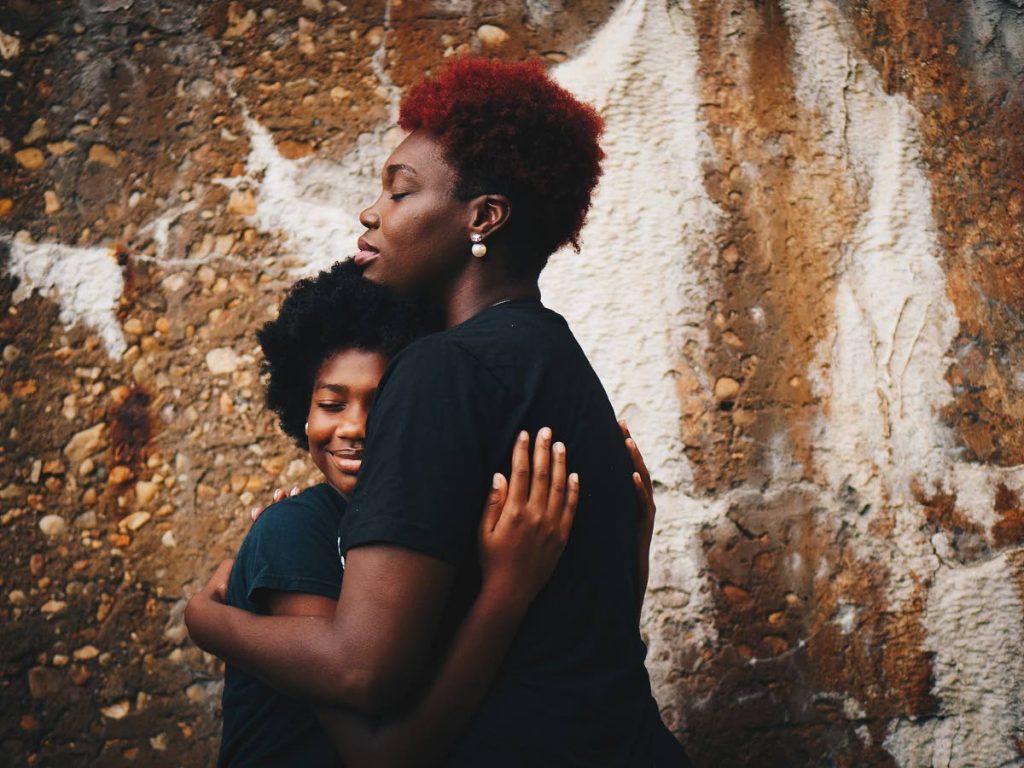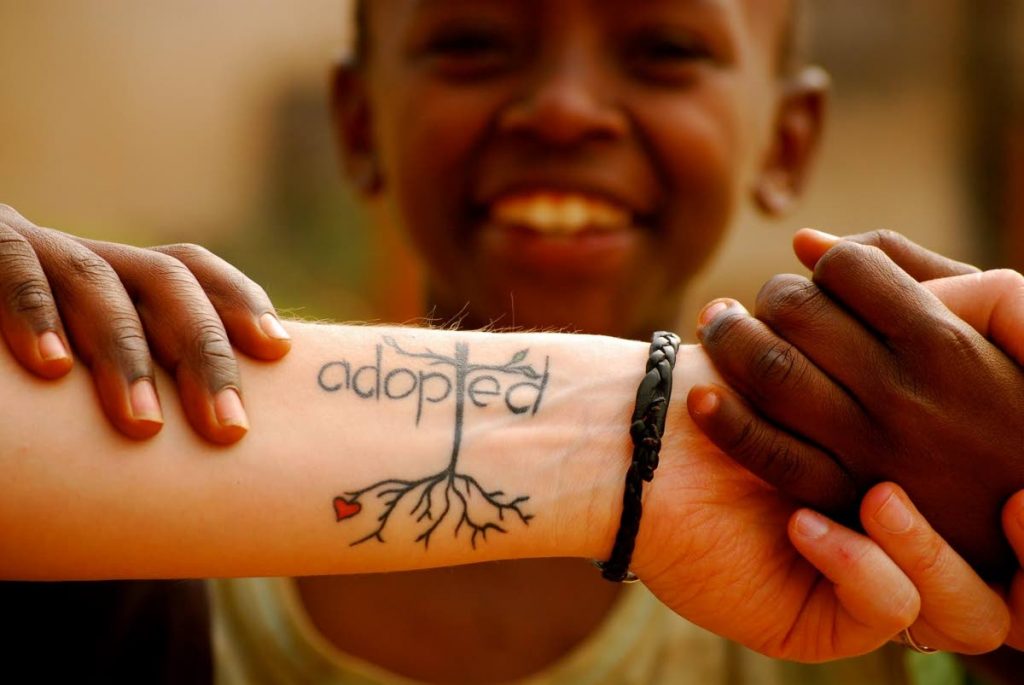Adoption: The larger embrace

“Adoption of one child won’t change the world, but for that child, the world will change.” — Unknown
Last week I attended the funeral of a family friend, aunty Phills. In her 80s, Aunty, a retired teacher, had accomplished much in her lifetime and had touched the lives of many young people in a positive way.
So although her two biological children who reside in the US were unable to be at her funeral, her other "children," whose lives she had influenced over the years, sat teary-eyed in the congregation remembering the woman who, to some of them, was truly a mother. She had opened up her heart and home to them without giving thought to the fact that there were no blood relations between her and them — an informal adoption of sorts.
While this is one way for people wanting to be first-time parents or to add to their existing brood, making it formal is also an option that is not out of reach.
November is National Adoption Awareness Month, during which the spotlight is shone on the many children in the system who wish they could become part of a family and the adults who desire to welcome them, like Aunty, into their hearts and homes.
The website of the Children's Authority says, "Adoption is the process whereby a person assumes full legal responsibility for a child who is not biologically theirs. This involves the transfer of all parental rights and responsibilities. Adoption will be the preferred, long-term placement option as it provides the family environment necessary for the optimal growth and development of the child.

"Prospective adoptive parents are persons who are interested in providing a family for a child or children. A prospective adoptive parent can be a resident of another country or non-national of TT. They can also be a relative or a complete stranger to the child whom they plan to adopt," it continues.
The authority says there are three major stakeholders in the process – the person or people wanting to become adoptive parents, the child or adoptee, and the biological parent or parents. The process is managed by the authority and involves a thorough screening process to determine whether the prospective adoptive parent is suitable and able to provide for the financial, social, emotional, physical and educational needs of the child they wish to adopt.
There are many benefits to adoption, among them, giving children the chance to develop healthy attachments in a healthy environment, allowing them to thrive and helping them to overcome past traumas and neglect. psych2go.net says, "In an adoptive household, children are able to experience a healthy environment. Through devotion and care, they are given the attention needed to develop properly," something that is not always available in a group home environment.
A number of years ago, before I became a biological parent, I was a part of a group of media colleagues who used to visit a children's home every Saturday morning to spend time with the little ones, help with homework, and engage them in fun activities. These children were wards of the home for various reasons – some as a result of parental neglect, others sent there by the courts.
And although, as far as we could see, they were not ill-treated by their caregivers, they would literally cling to us, seeking the individual love and attention to which all children are entitled. The looks on their little faces when it was time for us to leave were enough to break the hardest of hearts, and I used to wish I could take them all home with me.
When my son was six, he accompanied my colleagues and me to a Divali celebration we had planned for the children there. He was unable to fathom how, collectively, they had fewer toys than he did, confused about their sleeping arrangements, and mortified by the fact that we had to leave by 6.30 pm because they had to go to bed shortly after we left.
"Why were they hugging you like they thought you were their mummy, and why were you hugging them back?" he interrogated and scolded me later that evening.
"Because every child needs to feel loved. Love is something I will always have enough of to give to children who need it.
" I reassured him that his quota would never be compromised.
But, like everything else, adoption does not come without challenges. In addition to the arduous process, an article in Psychology Today says, "Some, though not all, children who have been adopted may experience psychological, neurological, social, and behavioural problems unique to their individual situation. These potential problems, which can develop at any age, include bonding, attachment, relationship issues, cognitive delays, ADHD, defiance and matters related to identity formation."
"These problems may be due to separation from birth parents, trauma, stigmatisation, cultural changes, environmental issues such as malnutrition or lead poisoning, or biological family history, including alcoholism or drug abuse. Since it is not always possible to obtain records of an adopted child’s medical history, there may be unforeseen physical health issues as well."
Adoption is not a decision to be made on a whim of emotions. It is a major decision that affects many lives and should be carefully thought out.
Remember, as Italian actress, filmmaker, author and philanthropist Isabella Rossellini said, “Adoption carries the added dimension of connection not only to your own tribe but beyond, widening the scope of what constitutes love, ties, and family. It is the larger embrace.”
Rossellini's son is African American model Roberto Rossellini, whom she adopted when he was three years old.


Comments
"Adoption: The larger embrace"